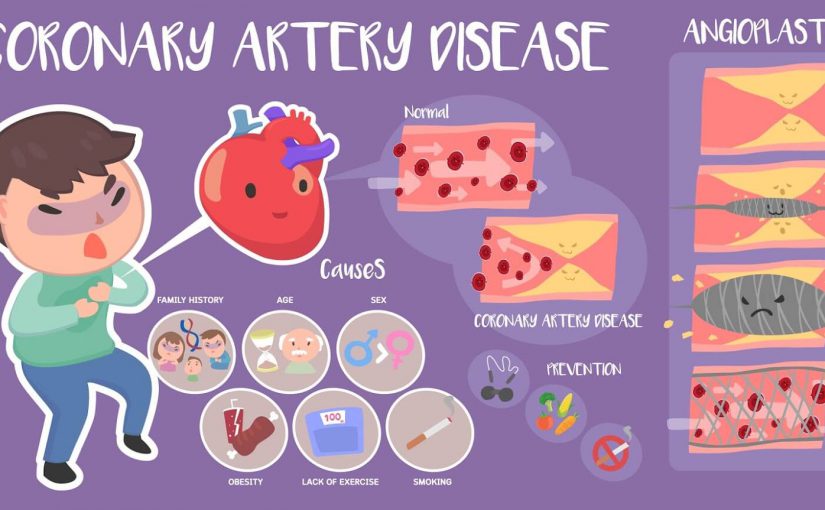This is also a good measure of body-wide plaque growth so if there is thickening in the carotids there is probably thickening. Aches and pains in the jaw and neck are common symptoms of angina which is the discomfort that results from poor blood flow to part of the heart.
 How Can A Person Know If Their Arteries Are Clogged Cardiac Screen
How Can A Person Know If Their Arteries Are Clogged Cardiac Screen
All about plaque Plaque forms when cholesterol lodges in the wall of the artery.
/coronary-artery-disease-symptoms-5b4f996646e0fb00376c3e90.png)
Signs of plaque in arteries. Peripheral artery disease PAD is a buildup of cholesterol and plaque in the arteries that lead to your extremities. Unexplained falls loss of balance and difficulty walking may all be. Chest Pain Chest pain also known as angina can be a warning sign that plaque has built up in the arteries near your heart.
This pain may indicate that your heart is receiving an insufficient amount of blood. Over time plaque hardens and narrows your arteries. Researchers from the US.
PAD can cause discomfort in your legs and feet and limit your walking and activities. Instead the best course of action is to halt plaque. To fight back the body sends white blood cells to trap the cholesterol which then turn into foamy cells that ooze more fat and cause more inflammation.
This type of chest pain leads to a feeling of tightness heaviness and pressure behind the breastbone. Lower back pain. Heart disease which is where plaque builds up in the arteries in and around the heart.
Learn more about causes risk factors screening and prevention signs and symptoms diagnoses and treatments for atherosclerosis and how to participate in clinical trials. That triggers muscle cells in the artery wall to multiply and form a cap over the area. If the inner layers of the artery are thicker by gender and age than the mean this indicates that plaque is present and can predict your future risk of heart attack and stroke.
Atherosclerosis is a disease in which plaque builds up inside your arteries. Department of Veterans Affairs looked at people with non-obstructive coronary artery disease which is when there is. Plaque in arteries doesnt cause any symptoms or signs unless an artery has narrowed or is blocked and blood flow is unable to efficiently reach other parts of the body.
In fact 10 percent of Americans already experience advanced blockages in these arteries by age 20. Reduced blood flow to the back can weaken the disks that cushion the vertebrae and lead to painful herniated. The arteries leading to the lower back are among the first in the body to accumulate plaque and show signs of blockage.
Angina or chest pain caused by reduced blood flow to the heart is a possible sign of clogged arteries due to plaque buildup. A tight jaw one of the symptoms of clogged arteries occurs more often in women but men should be aware of it too. Feet and Leg Issues.
Severe PAD can progress to loss of limb. Angina a condition where chest pain results from a lack of blood flow to the heart. In fact its almost impossible without the use of an invasive treatment.
Your doctor can check for signs of the disease with a simple test of pulses in your feet. Removing plaque from your arterial walls is difficult. Most people wont know their arteries are hardened or blocked until they have a heart attack or stroke.
Dizziness or sudden lightheadedness could be a sign of clogged arteries or an early sign of stroke.
